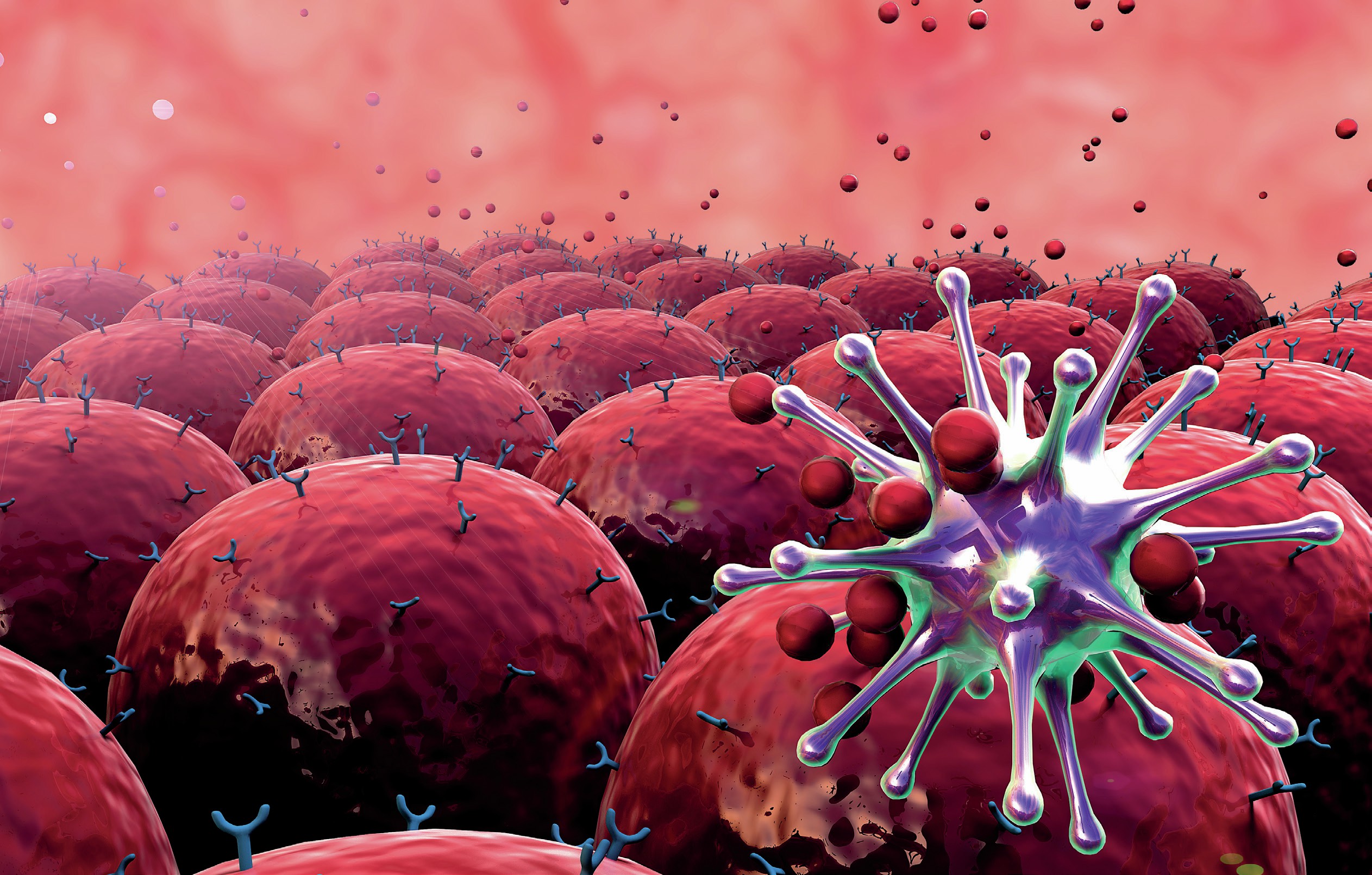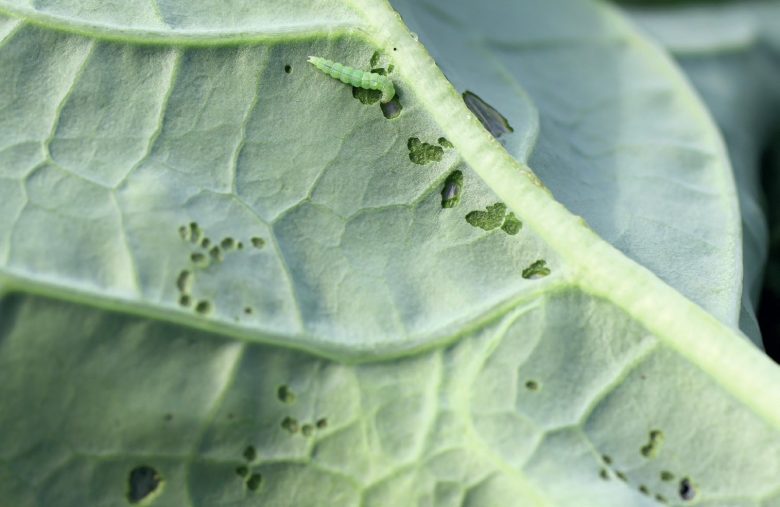
Immunology is the study of the body’s capacity to protect itself from substances that are not normally part of the body — anything that might be considered ‘non-self’. The immune system reacts to non-self material to remove it from the host.
The first account of immunological memory Passive immunity was provided by Thucydides in 431 BC. This Greek historian noted that, in the Plague of Athens, anyone who had suffered the plague and recovered was protected against future plagues but, critically, not against any other disease (see Box 1). In 1796, Edward Jenner investigated an observation that milkmaids who had already suffered cowpox could not contract smallpox. Jenner inoculated an 8-year-old boy first with cowpox and, 6 weeks later, with smallpox. The boy did not develop smallpox. Jenner had performed the first successful vaccination. Vaccines are a prime example of immunological memory.
Your organisation does not have access to this article.
Sign up today to give your students the edge they need to achieve their best grades with subject expertise
Subscribe




